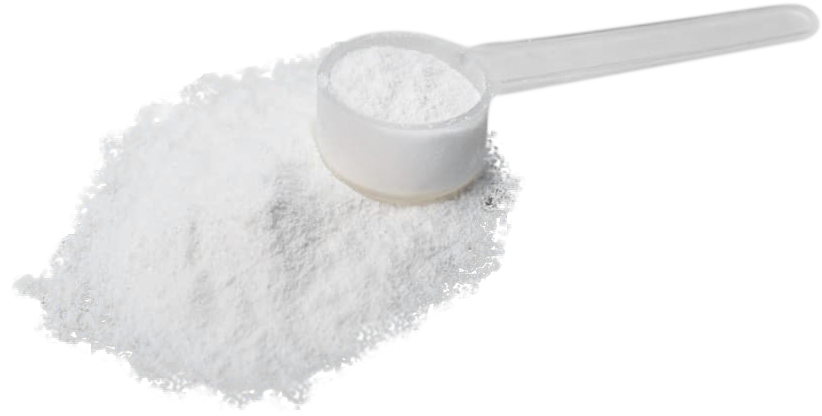
Creatine: Myths & Facts Debunked
Creatine is one of the most widely studied and popular supplements in the fitness industry, known for its potential to enhance performance, increase strength, and support muscle growth. However, like many supplements, creatine has been surrounded by myths and misconceptions. In this article, we’ll debunk some common myths about creatine and uncover the facts behind its usage and benefits.
Myth 1: Creatine is a Steroid
Fact: Creatine is not a steroid. It is a naturally occurring compound found in foods like meat and fish, and it is also synthesized by the body from amino acids. Unlike steroids, which are synthetic hormones, creatine primarily functions to supply energy to cells, particularly during high-intensity, short-duration activities like weightlifting and sprinting. Creatine supplementation does not alter hormone levels in the body like anabolic steroids do.
Myth 2: Creatine is Harmful to the Kidneys and Liver
Fact: Numerous studies have demonstrated that creatine supplementation, when taken within recommended doses, does not pose any significant risk to kidney or liver health in healthy individuals. The misconception that creatine is harmful to these organs likely stems from outdated research and anecdotal reports. In fact, several systematic reviews and meta-analyses have concluded that creatine supplementation is safe for most people when used appropriately.
Myth 3: Creatine Causes Dehydration and Muscle Cramps
Fact: There is no scientific evidence to support the notion that creatine supplementation leads to dehydration or muscle cramps. In reality, creatine may actually have a hydrating effect on muscle cells by increasing water retention within the muscle tissue. Proper hydration is essential for optimal performance and health, but creatine itself does not cause dehydration when consumed alongside adequate fluid intake.
Myth 4: All Creatine Supplements are the Same
Fact: Creatine is available in various forms, including creatine monohydrate, creatine ethyl ester, creatine hydrochloride, and buffered creatine. While creatine monohydrate is the most extensively researched and well-established form of creatine, other forms may claim to offer superior absorption or reduced side effects. However, scientific evidence supporting the superiority of these alternative forms over creatine monohydrate is limited. Ultimately, creatine monohydrate remains the most cost-effective and evidence-backed choice for most individuals.
Myth 5: Creatine is Only Beneficial for Bodybuilders
Fact: While creatine is indeed popular among bodybuilders and strength athletes, its benefits extend beyond the realm of muscle building. Research suggests that creatine supplementation can enhance performance in various sports and physical activities, including sprinting, cycling, swimming, and team sports. Additionally, creatine may have therapeutic applications in certain medical conditions, such as neuromuscular disorders and age-related muscle loss.
Myth 6: Creatine Causes Weight Gain Due to Fat or Water Retention
Fact: While it’s true that creatine supplementation may lead to a slight increase in body weight, this is primarily attributed to water retention within muscle cells rather than fat gain. The initial weight gain associated with creatine use is generally temporary and may subside over time. Moreover, the performance-enhancing effects of creatine can contribute to improvements in muscle mass and strength, which may indirectly impact body composition positively.
Conclusion
Creatine is a safe, effective, and scientifically supported supplement that can benefit individuals seeking to improve athletic performance, increase strength, and support muscle growth. By dispelling common myths and understanding the facts behind creatine supplementation, individuals can make informed decisions about its usage and incorporate it into their fitness regimens confidently. As with any supplement, it’s essential to consult with a healthcare professional or qualified nutritionist before beginning creatine supplementation, especially if you have pre-existing medical conditions or concerns.
